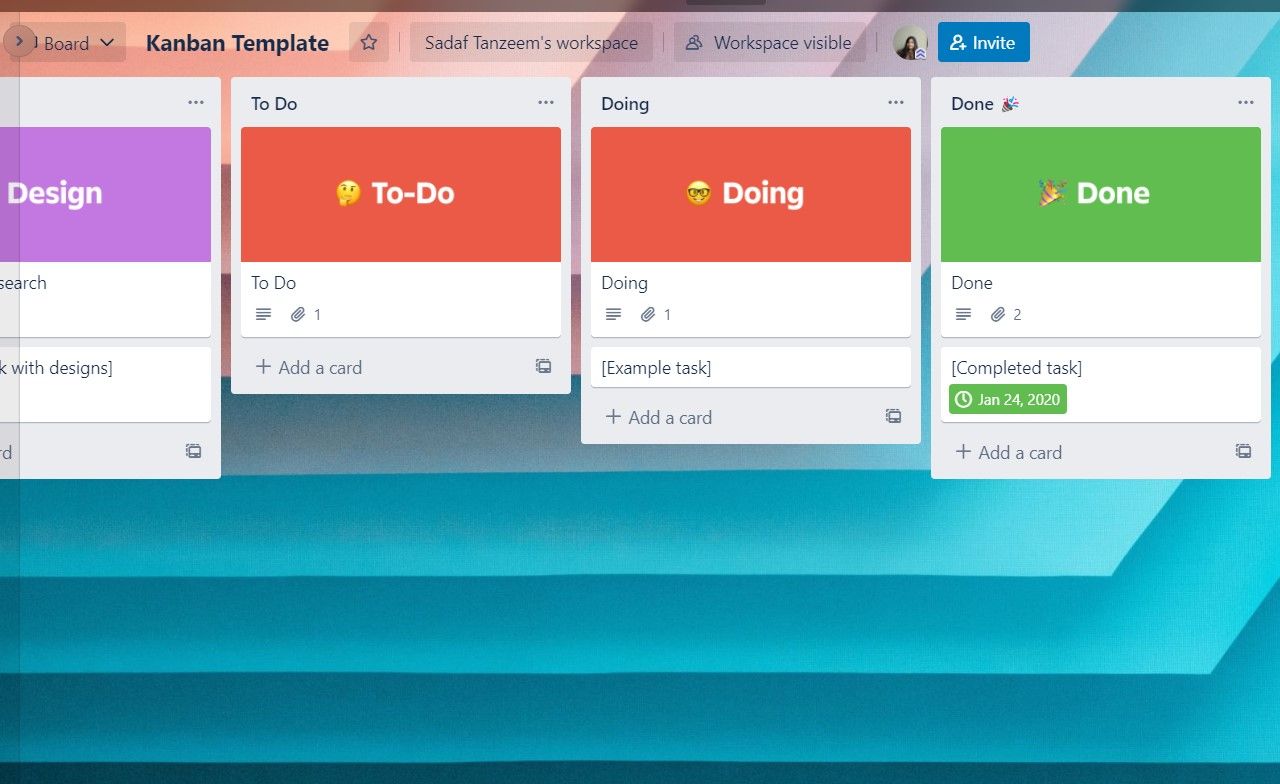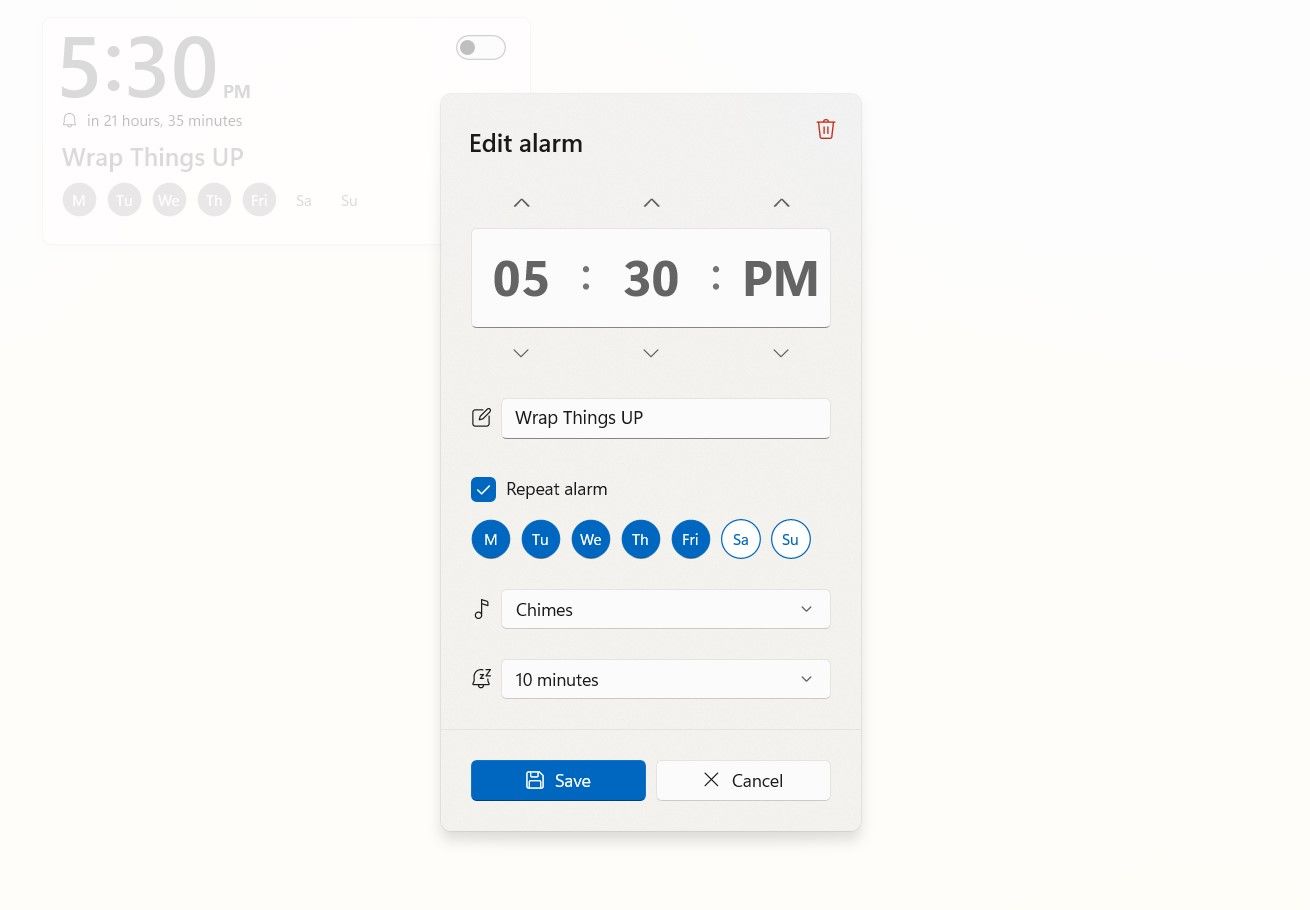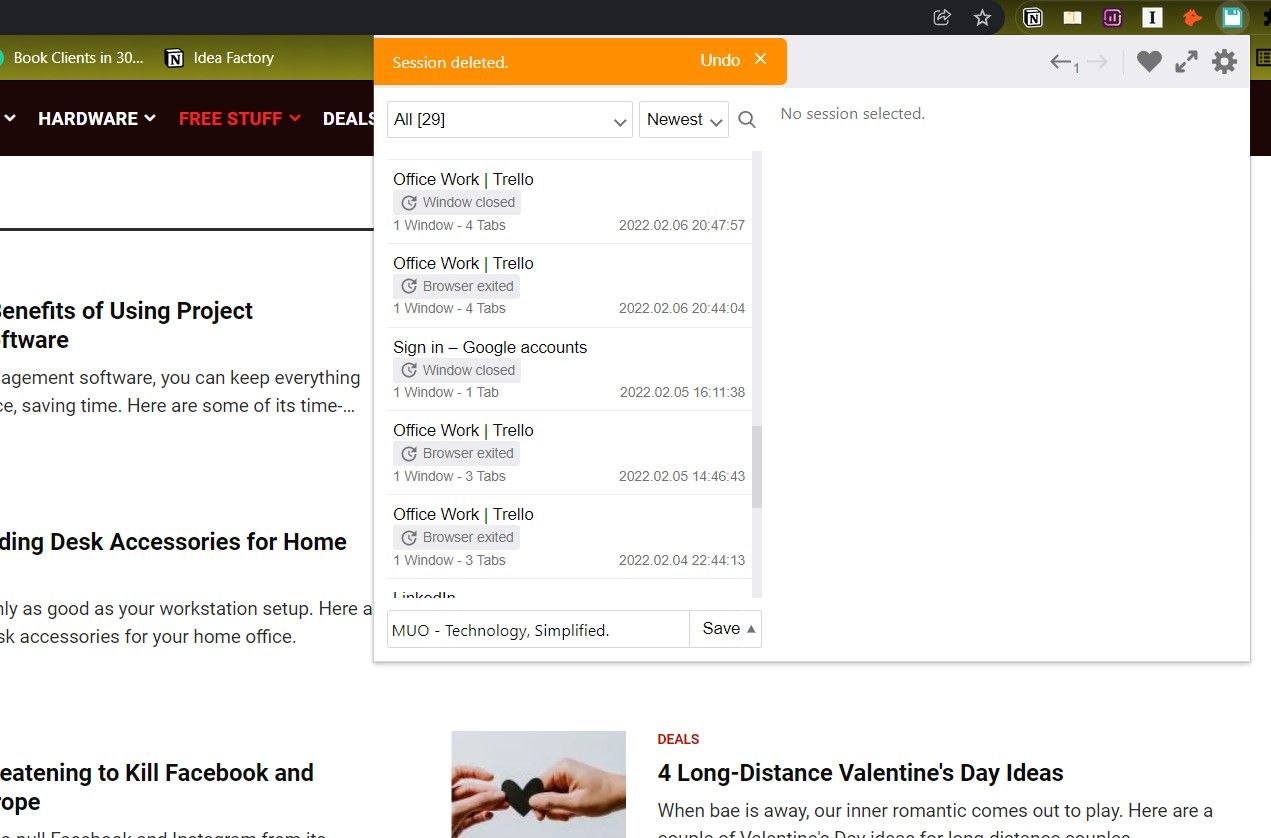Do you finish your workday speeding through the task at hand, so you can get home as soon as possible?
There's nothing wrong with wanting to go home after you've finished the work. However, you need to keep your mind in check. If your mind is still in the office, worrying about the things you forgot to do, left incomplete, or piled up for tomorrow, you’re doing something wrong. And that something is contributing to unnecessary stress and anxiety.
Let's find out how you can do it right by ending your workday the right way.
1. Review and Schedule the To-Do Lists
The first thing you should do as you begin wrapping things up at the end of your workday is review your to-do list of today and create one for tomorrow.
While reviewing, encircle all the remaining tasks. Then, instead of overfilling your tomorrow’s to-do list with them, prioritize them by their deadlines, and the time it’ll take to finish them. Finally, schedule them for different days.
If you just save them all for tomorrow, you welcome unnecessary stress for, one, the long day you’re going to have the next day, and two, the pile of tasks it’ll keep creating if you’re unable to finish them even then. And the cycle continues. So, divide them all, set realistic due dates, and finish them without anxiety.
However, to be this organized, you’ll need more than just a pen and paper to create your to-do list. You can use Trello, and it works like a charm for a to-do list app.
The application allows you to create multiple lists with labels—to-do, in progress, done, project x, project y, etc.—and add cards of tasks under them. Additionally, you can put a due date, add a description, comments, progress labels, and even card aging on them. The last facet—card aging—allows you to detect if you’ve left a task card undone for long by fading it.
As you progress, you can move the cards from one list to another; for example, from to-do to done list.
2. Wrap Things Up
When we begin working in the morning, we tend to work on the more important, generally, the most time taking, tasks first. However, as we discussed in the above section, you should keep yourself from working on such tasks until the last minute and be on your way out of the office.
Instead, it’s always a good idea to give yourself twenty to thirty minutes to wrap things up before you leave for home.
Use this time to finish the tasks that will take no more than five minutes like replying to an email that may get buried in a pile if you wait until tomorrow, leaving comments on someone’s assignment or a work-related social media post, going through some changes that your boss might have sent, and of course, reviewing your to-do list of today and creating one for tomorrow.
Remember, you should always avoid leaving such things to do after reaching home. This is the first step to help yourself build a work-life balance.
To ease the process, you don’t need anything fancy, just set an alarm on your PC clock for thirty minutes before the time you exit your office. It’ll remind you that it’s time to wrap things up.
3. Clutter-Free Your Desk, Desktop, and Mind
If you wish to start your next day fresh and productive, you got to get rid of the baggage of today. So, when you’re wrapping things up, consider decluttering everything a part of your ending your workday the right way routine. Here’s what to do.
- Close all the tabs on your PC (use Tab Manager Chrome extension to keep the important groups of tabs in one place).
- Shut down your computer or smartphone (especially if you’re working from home).
- Declutter your desk, toss the trash, if any.
- Organize everything.
- Turn off the email notification until 9 am tomorrow (use the app StayFocused to quick block notification for a specific time period).
These tiny steps will help you keep your mind clear—away from any stress, land a hand in maintaining your work-life balance, and for sure, help you start fresh the next morning.
4. Build or Find Your Third Space
A peak performance researcher, Dr. Adam Fraser, says that people flourish in life by mastering their third space—a transition gap that bridges between your two roles. For example, going from your professional life to your personal life—in other words, your efficient and productive self to your relaxed and placid form.
According to Dr. Fraser, to use this passage mindfully, you should:
- Reflect upon your day—what went well, what did you achieve, and how did you get better.
- Rest by taking a few deep breaths and calming yourself down.
- Reset yourself by thinking about what you intend to do when you show up at the door of your home (or office. It’s equally applicable for your transition from personal to professional life).
Your daily commute is the most common time that you can use as a third space. However, if you work from home or your commute is a two-minute walk, you can create one for yourself. It can be taking a walk around the block, relaxing and having tea, going to the gym, or any other activity that suits you.
5. End It With Positivity
According to Michael Kerr, an international business speaker and author of the Humor Advantage, saying goodbye to colleagues before leaving office is just as much important as it is to smile and say hi in the morning.
Such routines help you feel good and re-energize. It's especially important if you’re a senior or a supervisor.
Besides that, you should also consider paying a visit to your boss before leaving and discuss a bit about what’s been done today and what’s remaining. The same works for collecting the updates from your co-workers on the projects you’re working on together.
End Your Workday the Right Way
Having work rituals help you stay on top of everything and ensure positivity in your life.
These little things may seem like other added tasks to your day, but think for a minute. If you could afford to give just a few extra minutes every day to end your workday on a high note, you’ll be giving yourself hours of quality time. All by eliminating unnecessary stress and being able to be fully present where you should be.

.jpg)




